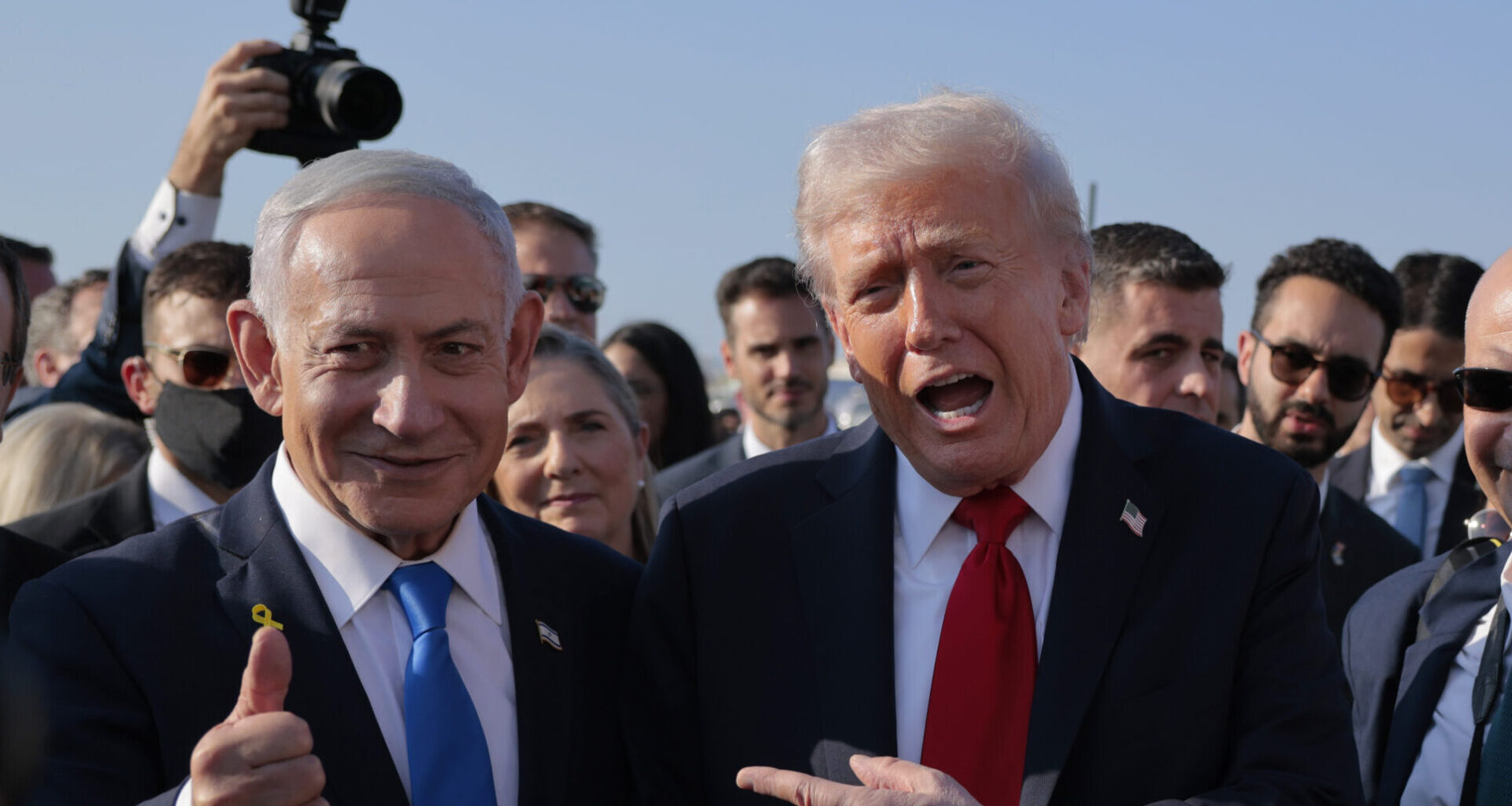US President Donald Trump turned faith into policy in a lengthy Knesset address that Maayan Hoffman captures with detail. Casting Israel’s wartime endurance as a “golden age” springboard, the American president framed the end of fighting as a moral reset: moving from fortresses and missiles toward schools, medicine, and artificial intelligence. He mixed biblical cadence with geopolitical claims, praising the Israeli Defense Forces and crediting God first. He also credited Steve Witkoff, Jared Kushner, Marco Rubio, Pete Hegseth, and Miriam Adelson.
The speech doubled as a gratitude roll call and a chest-thumping message to rivals, with sharp contrasts to Barack Obama and Joe Biden over Iran. President Trump touted Operation Rising Lion and the US-led Operation Midnight Hammer, saying 14 B-52s “totally obliterated” key nuclear sites and that America has ordered 28 more bombers “just in case.” He said the alliance’s strength made peace possible, while biblical notes—Jerusalem as the eternal capital; Psalms’ call to “seek peace and pursue it”—tied policy to purpose. Images of children filling city streets reinforced his claim that a new Middle East is dawning.
Admirers called it electric; skeptics heard almost messianic claims, including that ancient Jewish-Muslim strife had ended and that “people are dancing in the streets” from Gaza to Iran. President Trump urged a pivot from battlefield victories toward rebuilt lives and a wider Abraham Accords, saying Israel’s heart is “the spiritual center” of the region.
Hoffman’s piece tracks theology, theater, and power politics—quotations intact, scope broad, and mood triumphant. If you want to see how the US president threads scripture, hard power, and regional deals into a narrative on Israel’s future, read the full article. Hoffman delivers the goods—and the questions left hanging.
